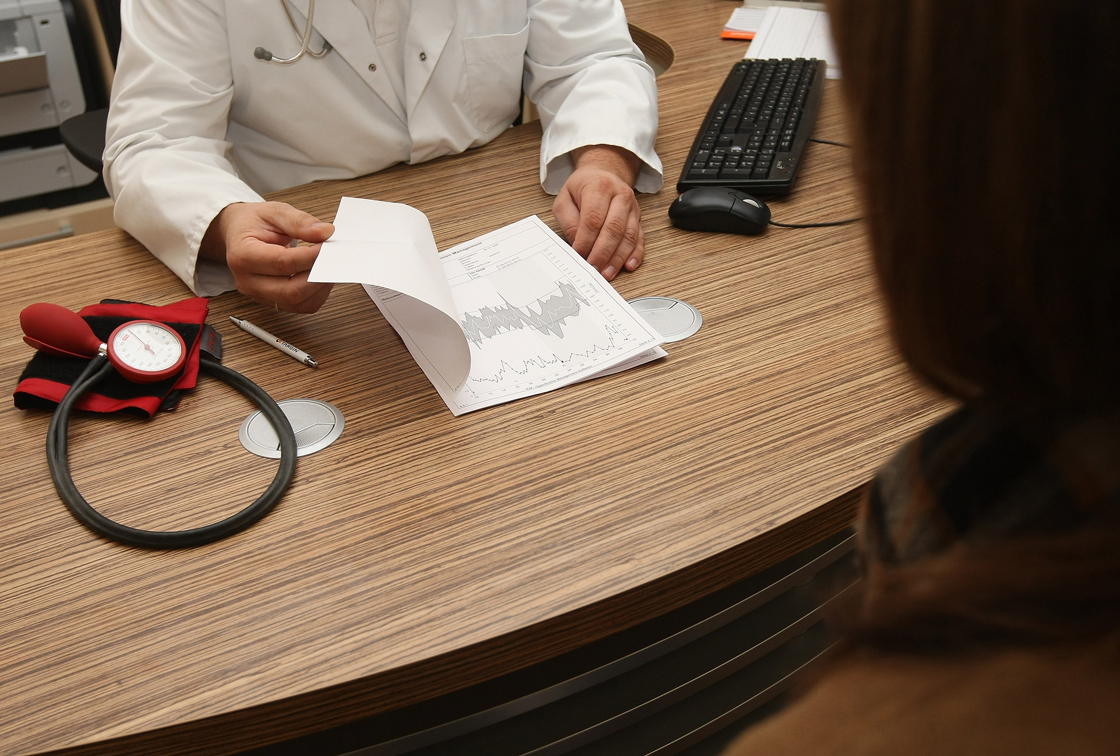Doctors set up checkup appointments, run blood tests and hand you prescriptions for medicine. But what if they gave your family and friends homework to help you stay healthy, too?

In a new study, a team of U.S. doctors out of the University of Pennsylvania say the health care system isn’t relying on social support, calling it a “missed opportunity” to help patients grappling with health problems.
READ MORE: Heart failure, cardiac arrest? Here’s what happened to George Michael, Carrie Fisher
Ultimately, it’s your social circle that spends the most time with you. Your spouse, kids or friends – not the doctor or nurses – are at your side when you’re buying groceries, watching TV at home or ordering dinner at a restaurant.

Get weekly health news
“Though people are more heavily influenced by those around them every day than they are by doctors and nurses they interact with only occasionally, these cost-free interactions remain largely untapped when engineering social incentives for health. That’s a missed opportunity,” the study’s co-author, Dr. David Asch, said in a university statement.
READ MORE: If you’re going to do one thing for a healthier 2017, choose one of these
Doctors need to “take advantage of these naturally occurring relationships.” Right now they don’t, probably because of privacy.
“Concerns about privacy are often the reason doctors and hospitals avoid organizing social support. But while privacy is very important to some patients under some circumstances, more often patients would love if their friends and family helped them manage their diabetes, and those friends and family want to help people get their health under control,” Asch said.
So what do social engagement strategies look like? They could be simple changes like having friends encourage a patient to go for daily walks with them or go to the gym together.
READ MORE: Avoid these 3 conditions in your 40s to live longer, reduce heart failure risk
It could also be reciprocal support: doctors could prescribe weekly phone conversations with fellow diabetics patients to share tips and tricks, or offer mentorship.
“Sure, health care is serious business, but who says it can’t be social?” Asch said.
The full findings out of the University of Pennsylvania were published in the New England Journal of Medicine.
carmen.chai@globalnews.ca
Follow @Carmen_Chai








Comments